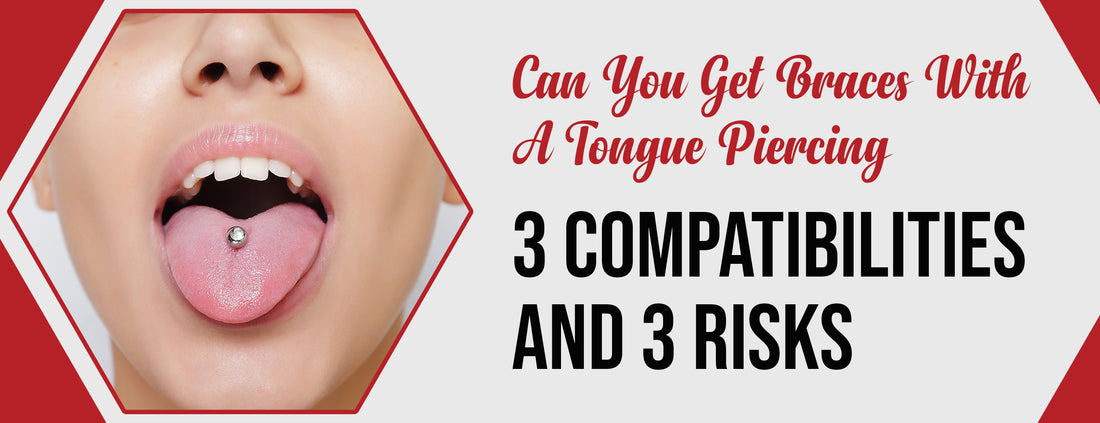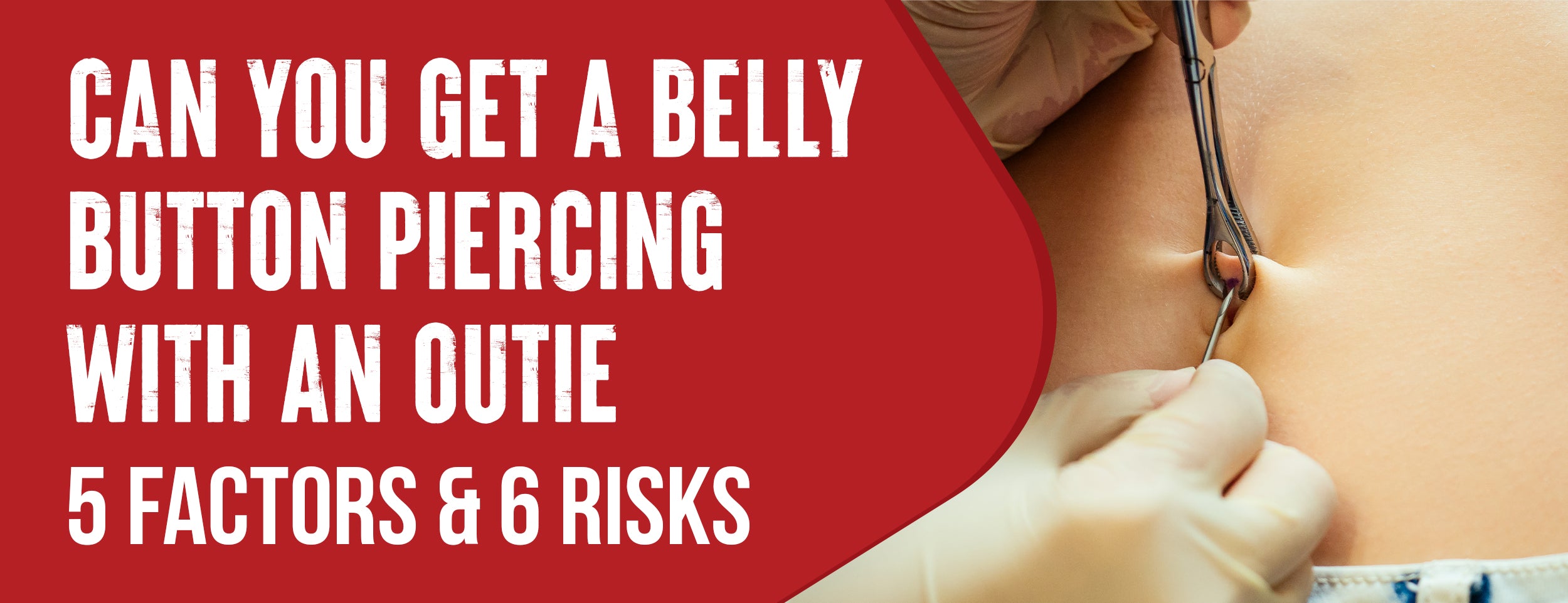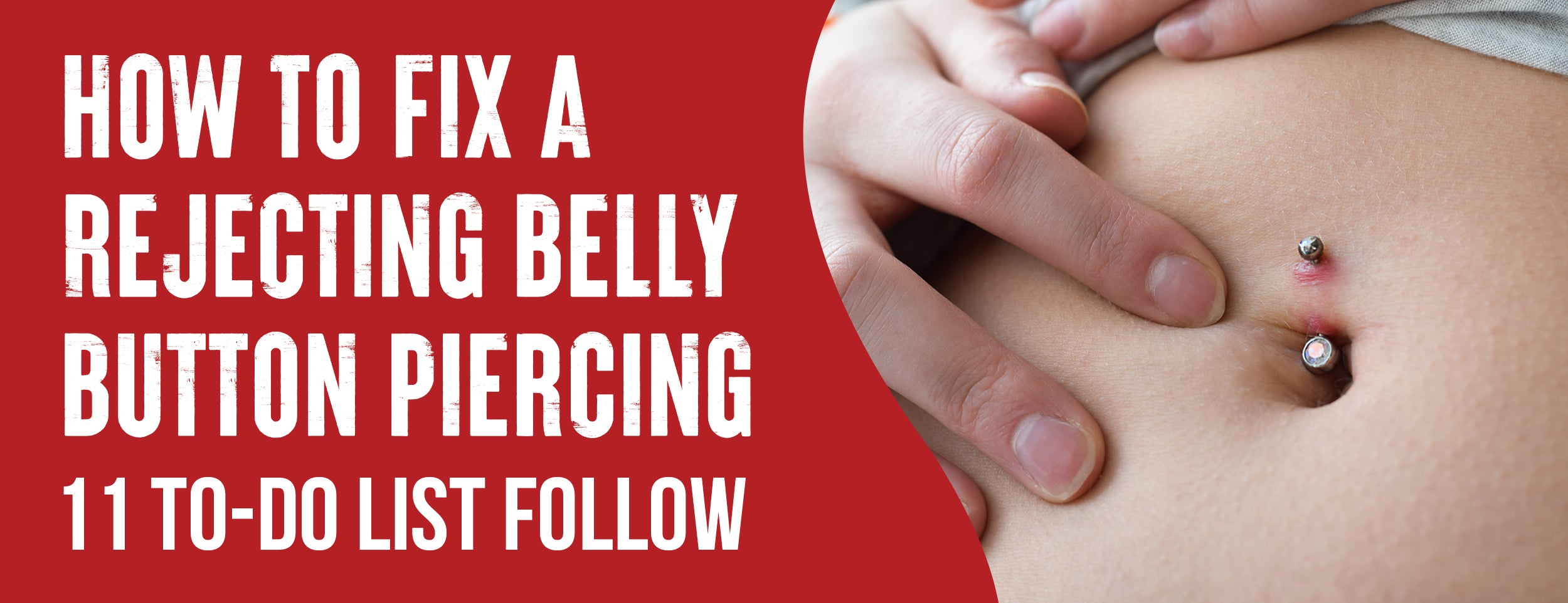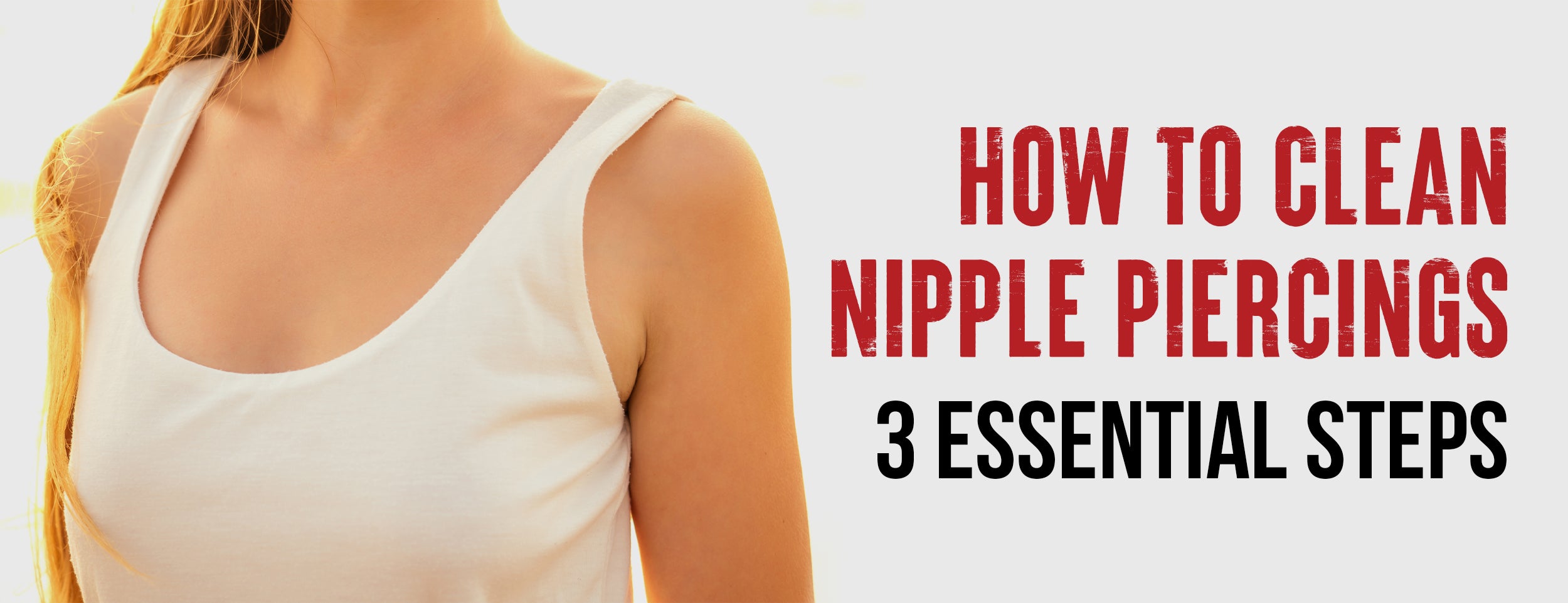Tongue piercings, called tongue rings, are metal jewelry inserted into the mouth. Tongue piercings are usually done for aesthetic reasons since they add a unique look to the mouth. These piercings may also be culturally or religiously motivated.
A tongue piercing can damage the braces while talking or sleeping. It may also make braces less effective by interfering with tooth movement and even causing gaps in the teeth. Tongue piercings can also interfere with retainers, Lingual braces, and invisalign aligners.
We will explore the compatibility of tongue piercings and braces and address the potential risks and complications that may arise.
Can You Get Braces with A Tongue Piercing: Compatibility And Risks

Many people ask if they can wear braces while pierced. While the answer is technically yes, some essential things must be considered. We will delve deeper into how tongue piercings work with braces and explore the potential risks and complications of having both.
The Compatibility Issue
Tongue piercings and braces are metal objects placed in your mouth. This means they can come into contact with each other accidentally or intentionally. When this happens, you may experience some problems, such as:
- Damage to your braces: Your tongue ring can hit or rub against your brace posts, wires, or brackets, causing them to move, loosen, or break. This can affect the effectiveness of your treatment and may require more visits to your orthodontist to fix the damage. It can also make your treatment take longer and cost more.
- Damage to your teeth and gums: Your tongue ring can also hit or rub against them, causing them to chip, crack, or recede. This can lead to tooth sensitivity, decay, infection, or loss. It can also affect the appearance of your smile and may require additional dental work to restore your oral health.
- Injury to your tongue: Your tongue ring can get caught or tangled in your braces, causing pain, bleeding, swelling, or tearing of your language. This can make eating, speaking, or swallowing hard and may require medical attention to remove the piercing or treat the wound.

Risks and Complications of Tongue Piercings and Braces
Even if you carefully avoid contact between your tongue ring and braces, you may still face some risks and complications from a tongue piercing. These include:
- Infection: Your tongue is full of bacteria, and piercing it creates an open wound that can easily get infected. The disease can spread to your bloodstream. The condition can cause fever, chills, or septic shock. To prevent disease, you need to keep your piercing clean and follow the aftercare instructions from your piercer. You also need to avoid touching, playing, or biting your tongue ring, as this can introduce more bacteria to the area.
- Allergic reaction: The metal or the jewelry used for your tongue piercing, causes inflammation, itching, rash, or blisters around the piercing site. This can make your tongue swell up, interfering with breathing or swallowing. Choose a high-quality and hypoallergenic material for your tongue ring, such as titanium, gold, or surgical steel, to avoid allergic reactions.
- Nerve damage: Your tongue has many nerves controlling movement and sensation. Piercing your tongue can damage these nerves, causing numbness, tingling, or loss of taste in your language. This can affect your ability to enjoy food, drink, or kissing and may be permanent or temporary.
Braces with A Tongue Piercing: Factors to Consider

Braces are a standard orthodontic treatment for misaligned teeth and jaw. But for those with a tongue piercing, there is a concern about whether it is safe to get braces. While getting braces with a tongue piercing is possible, some factors should be considered.
Stage of orthodontic treatment: The location of orthodontic treatment influences whether it is safe to wear braces while pierced. If you are in the initial phase of orthodontic treatment, it is best to remove the language piercing to avoid any complications.
Healing time for tongue piercings: Tongue piercings require healing before getting braces. The piercing takes at least six to eight weeks to heal completely. Until then, wearing braces is not recommended as it can cause further stretching and irritation.
Type of braces being used: The type of braces being used is another factor to consider when having braces. Traditional wire braces and lingual braces can cause more irritation to the tongue piercing. On the other hand, clear aligners like Invisalign are less likely to irritate the piercing.
Experience and training of the orthodontist: The knowledge and movement of the orthodontist play a crucial role in getting braces for tongue piercings. Choosing an experienced orthodontist who has dealt with such cases before is essential. They can provide proper guidance and take necessary steps to avoid any complications.

Conclusion
As we wrap up this post, it's clear that braces and tongue piercings are a decision that requires careful consideration. While the two procedures may appear incompatible, there are ways to approach them successfully with minimal risk.
By understanding the potential complications and taking the right factors into account - like the stage of the orthodontic treatment, healing time for the piercing, type of braces, and experience of the orthodontist - individuals with both braces and tongue piercings can come out the other side with few issues.
Communication with your orthodontist is critical. They will have the knowledge and experience to guide you through the steps needed to make the two procedures work together seamlessly. So, if you're considering braces with a tongue piercing, take the time to explore your options and go into the experience as informed as possible.














